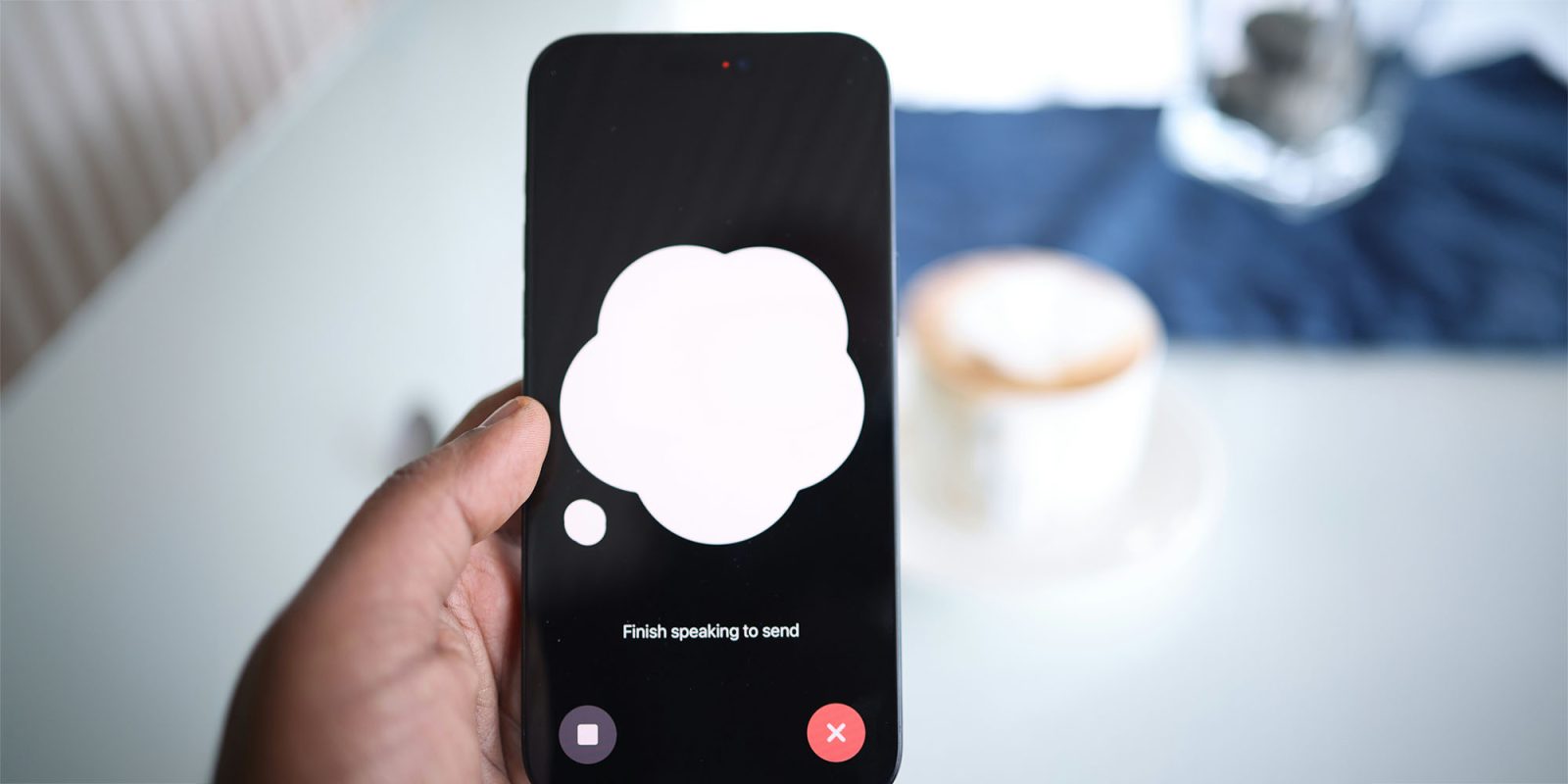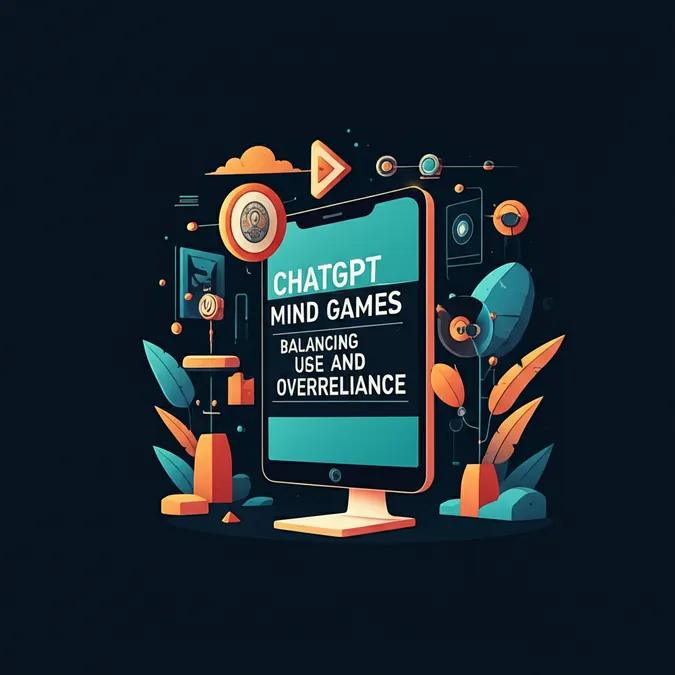Developer Offer
Try ImaginePro API with 50 Free Credits
Build and ship AI-powered visuals with Midjourney, Flux, and more — free credits refresh every month.
OpenAI Unlocks More Models For Custom GPTs

For those exploring custom GPTs within ChatGPT, a significant enhancement has arrived. OpenAI now permits users to select from its entire suite of available models when creating or using a custom GPT, moving beyond the previous limitation to GPT-4o. Let's delve into how this new flexibility functions and what caveats to keep in mind.
Understanding Custom GPTs
If custom GPTs are new to you, you're not the only one. OpenAI introduced these specialized AI assistants in late 2023. While their adoption might not have met initial expectations, they offer powerful personalization. OpenAI defines them as:
"…custom versions of ChatGPT that combine instructions, extra knowledge, and any combination of skills."

Essentially, imagine you frequently use ChatGPT for tasks like social media SEO. A custom GPT allows you to save specific prompts, configurations, desired behaviors, and even relevant files. This means you can bypass repetitive setup and start your task immediately with your tailored AI.
Many users find them quite practical for various applications, such as creating study aids or tools for quickly extracting information from large text bodies, like podcast transcripts. Furthermore, there's a dedicated store where users can discover and share these custom-built GPTs.

Expanded Model Selection: What's Changed?
Previously, custom GPT creation was restricted to the GPT-4o model. The latest update significantly broadens this, allowing users to choose from a diverse lineup including GPT-4o, o3, o4-mini, o4-mini-high, GPT-4.5, GPT-4.1, and GPT-4.1-mini.
Acknowledging that the model naming can be somewhat confusing, OpenAI has also introduced a 'Recommended Model' feature. This provides creators with a sensible default option for their custom GPT, while users retain the ability to switch to a different model as needed. OpenAI clarifies this by stating:
"When the user loads a new conversation with the GPT the recommended model will be used. If the model is not available to the user, a similar model may be automatically selected."
Important Considerations: The Catches
Indeed, there are a couple of important limitations to be aware of. Firstly, the ability to switch between various models is currently available only if your custom GPT does not utilize 'Actions'—features such as API calls, web browsing, or code interpretation. If your GPT incorporates Actions, it will be restricted to a more limited selection of compatible models for now. OpenAI has indicated they are actively working to remove this constraint in the future.
Secondly, this expanded model selection is currently accessible to users on Pro, Plus, and Team plans. OpenAI has stated that Enterprise and Education (EDU) users will receive these features at a later date, meaning they are not yet available for these tiers.
Despite these caveats, this update represents arguably the most significant enhancement to custom GPTs since their initial launch. Whether this will be sufficient to drive wider adoption of the feature is yet to be determined.
Are you currently using custom GPTs? Do you have any innovative ideas for a new one? Share your thoughts and experiences in the comments section below.
Compare Plans & Pricing
Find the plan that matches your workload and unlock full access to ImaginePro.
| Plan | Price | Highlights |
|---|---|---|
| Standard | $8 / month |
|
| Premium | $20 / month |
|
Need custom terms? Talk to us to tailor credits, rate limits, or deployment options.
View All Pricing Details

